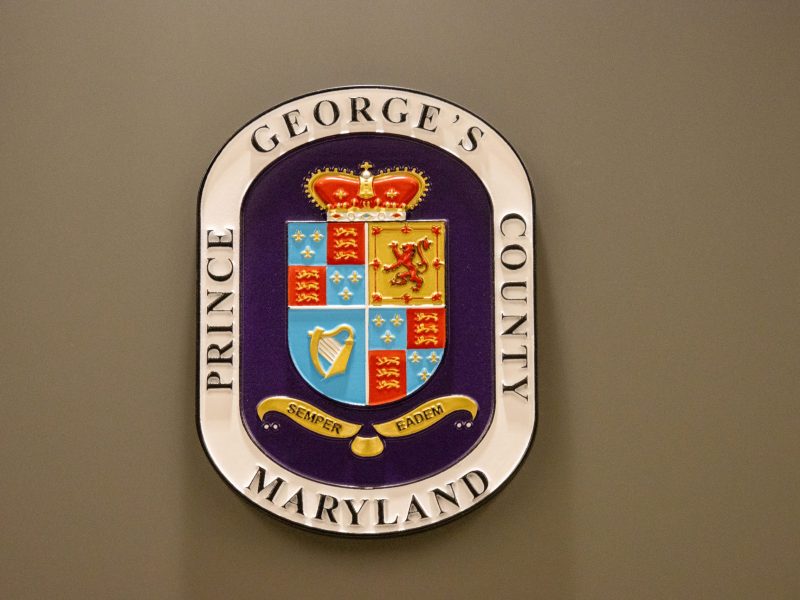College Park residents can now protect their pets while shopping for produce.
An ongoing partnership between the College Park Farmers Market and the City of College Park Welfare Committee offers city residents pet microchipping free of charge.
The farmers market hosted the Animal Welfare Committee throughout the summer, microchipping College Park residents’ pets for free and at a discounted rate for nonresidents, said Nick Brennan, chair of the City of College Park Animal Welfare Committee.
The initiative began in June in honor of National Pet Microchipping Month, Brennan said. The event continued after its initial success, and about 30 pets have been microchipped so far.
The microchipping allows owners to find a lost pet even when there are no tags or collar on the animal.
The procedure, performed by Animal Control Officer Vivian Cooper, will be free for residents again at the Farmers Market in September, Brennan said, though the exact dates have not been determined yet.
Microchipping a pet involves inserting a tiny electronic identification chip with the owner’s information — typically an address and phone number — beneath the animal’s skin between its shoulder blades, Brennan said. The chip can then be activated by a scanner at any veterinarian’s office or Animal Control office, he added.
“It’s a really great way for when an animal is found to know that that animal does belong to somebody,” Brennan said. “Then [people] can really work to find the owner right away.”
If a pet runs away or is lost, there is no guarantee that a collar with tags will be enough to help find them, but “the microchip is something that is always with them,” Brennan said.
Getting a pet microchipped is “a very good thing to help with locating an animal,” and the procedure itself takes about a second, Patti Stange, a member of the Animal Welfare Committee, said.
The procedure itself is similar to getting a vaccine,” said Virginia Corrigan, a resident at the Small Animal Community Practice at the Virginia-Maryland College of Veterinary Medicine. “[We] usually do the procedure when the animal is already under anesthesia for another procedure.”
Microchipping is the best way to identify a lost pet, but it is up to the owner to have the microchip registered and updated with the correct phone number and address, Corrigan said.
Misconceptions and fears about the chip containing a GPS device, emitting radio waves or harming the animal are unfounded, Brennan said.
“It’s just a chip that’s activated by the scanner,” Brennan said. “There really [are] no side effects to having it put in.”



